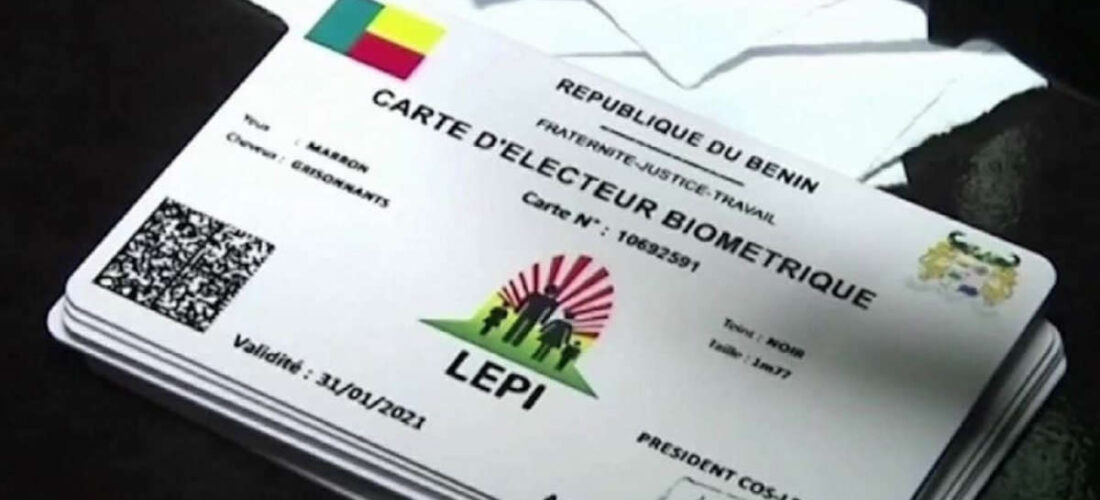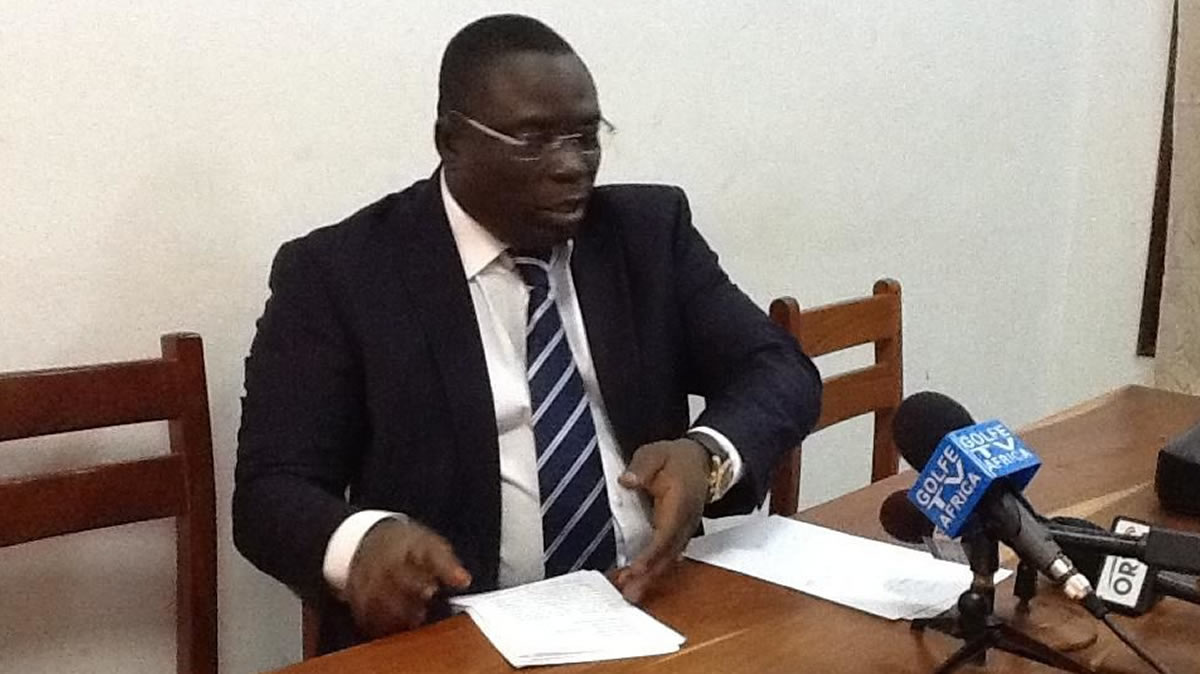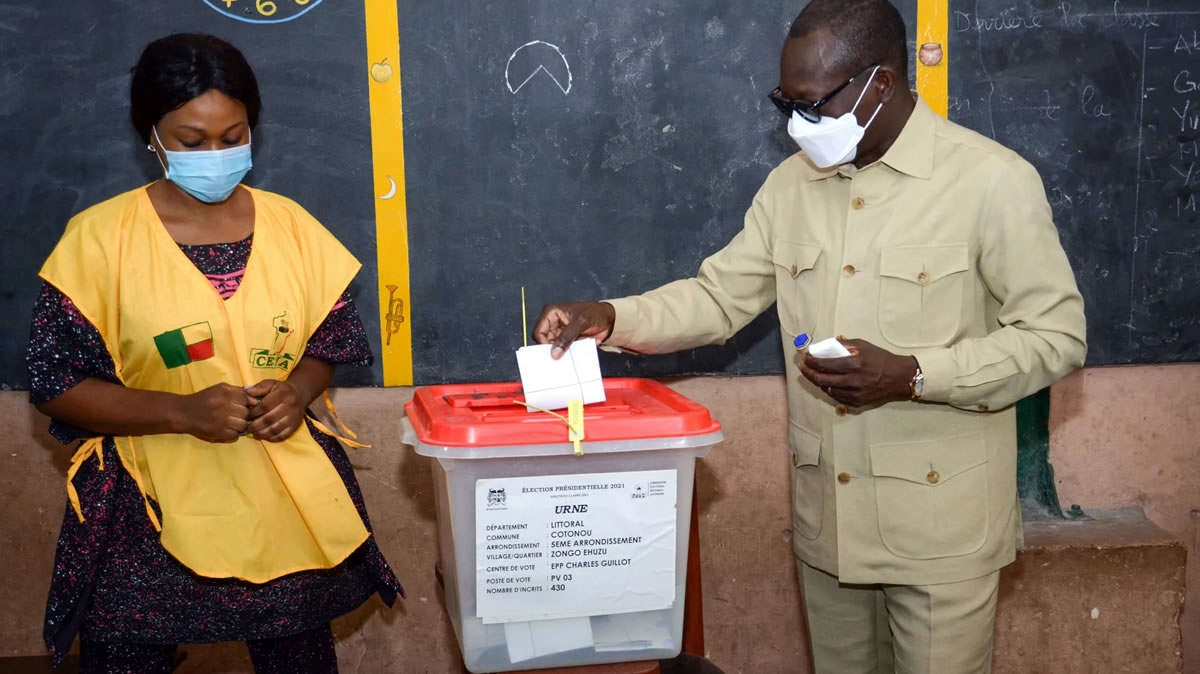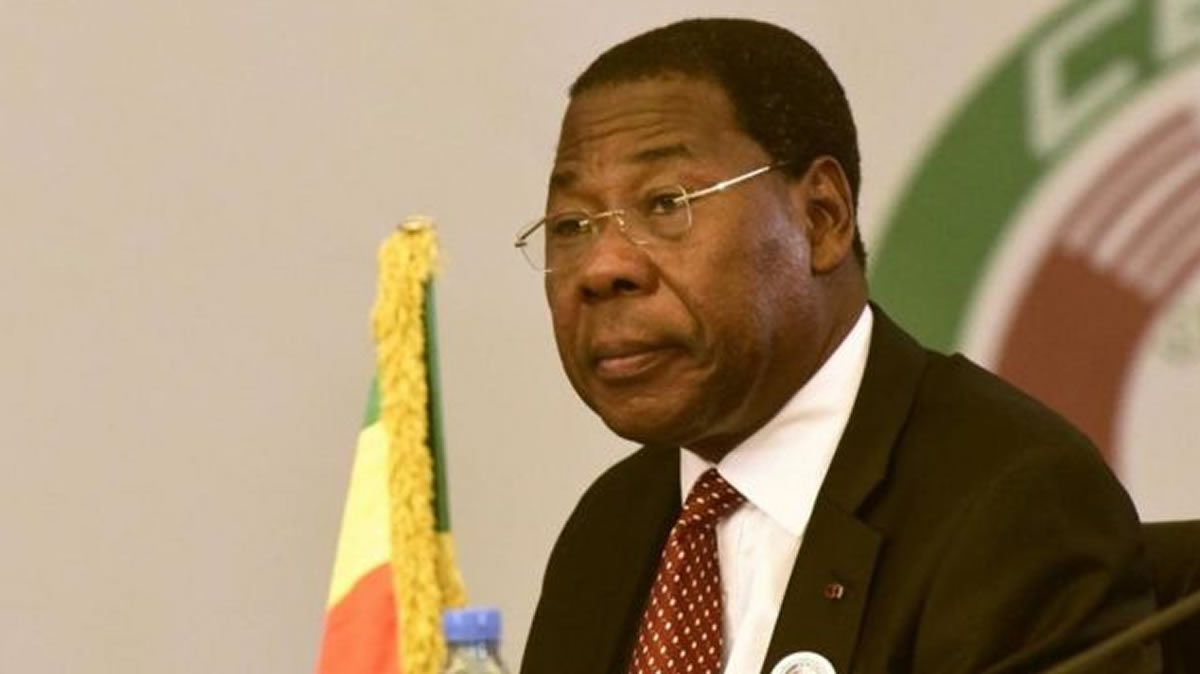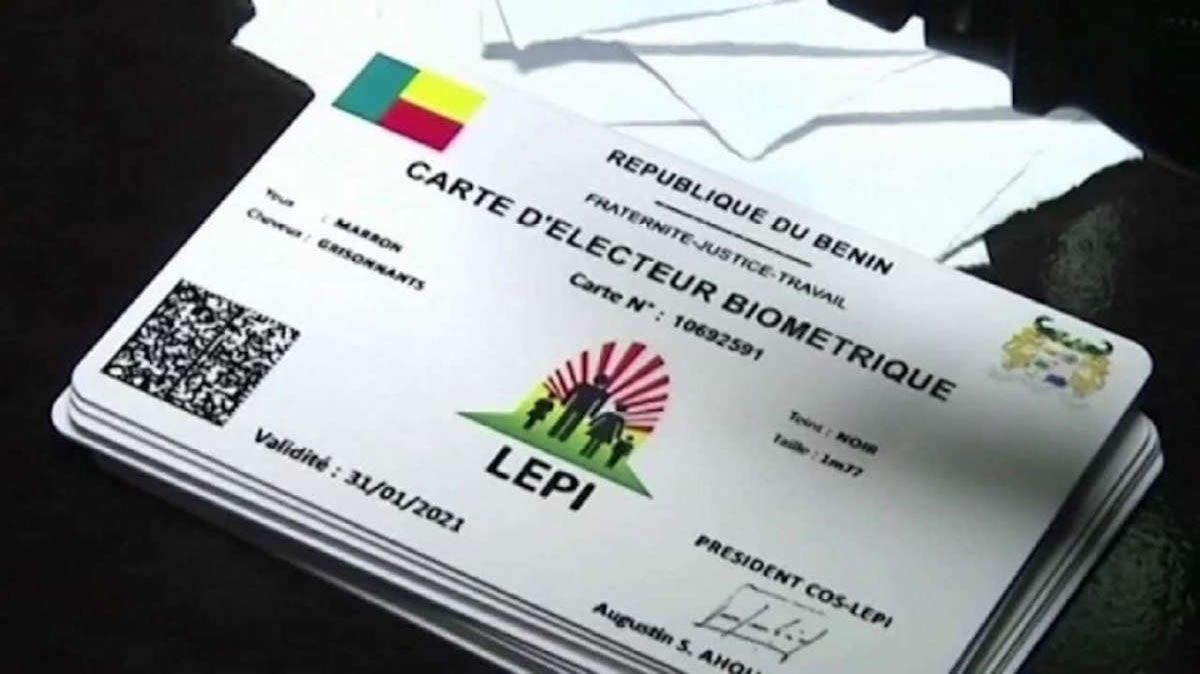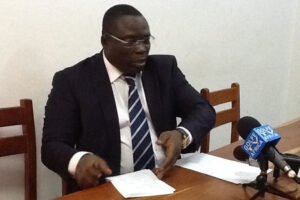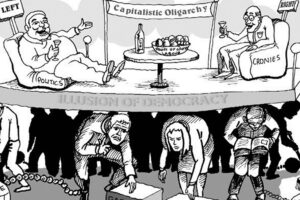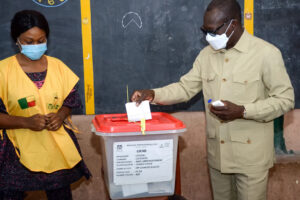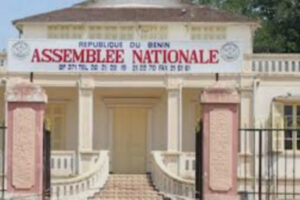Civil Society to rescue Benin Democracy
As neither the Government nor the opposition seem fully committed to the implementation of the Voters’ Registry Computerization Project, LEPI, the Civil Society staged a demonstration in front of the Parliament in Porto-Novo on Tuesday, April 14, 2009, to raise public awareness and to put pressure on the MPs.
Knowing most of the previous elections held in Benin have all the times been marked by bitter and divisive post electoral disputes, Civil Society leaders have been growing increasingly anxious about the prospect of the next presidential elections. The disputes, which erupted after the March 2008 local and communal elections, are still pending in the Supreme Court of Justice for in many areas throughout the country the elected municipal councils are yet to be installed.
Moreover, since the country is almost two (02) years ahead of the next presidential elections scheduled to take place in March 2011, the political climate has gradually been getting acrimonious and some sporadic acts of violence have even been recorded.
All the players of the political scene, the Government and the opposition, agree upon the need to computerize the Beninese electoral system, which is still manual and do not prevent the registration of children under eighteen and foreigners. However, so far they have not done anything for the implementation of this computerization. They both expressed their willingness to act for LEPI to be implemented but have not made any serious move regarding the legal framework, which needs to be put in place for the project of voters’ registry computerization to become effective.
Despite the deterioration of the atmosphere and the obvious need for the country to prevent chaos by implementing LEPI which is the only way a free and fair election can be insured, both the presidential camp and the opposition coalition made up of G4, G13 and Force Clé have been dragging their feet.
Each camp accuses the other of lacking the willingness to make LEPI effective. While the opposition alleged that the National Assembly Speaker does not want to schedule the examination of the draft law over LEPI because the presidential camp lost the majority in the Parliament, the ruling FCBE points out it is the opposition, which now has a majority, is to be blame for this deadlock.
The Civil Society, taking notice of this situation, has decided to stage a demonstration aiming at urging the parliamentarians to go ahead with the vote of the draft law over the implementation of LEPI and seeing it as a priority.
On the banners, one could read powerful messages urging the National Assembly not to procrastinate. For the Civil Society leaders tomorrow’s peace must start to be preserved today. They unanimously voiced their concern over the neglect, which the LEPI is subjected to. Due to be examined during the last extraordinary session of the National Assembly, the draft law over the project of voters registry computerization has been postponed and enrolled on the agenda of the first ordinary session which did not take place because of lack of quorum.
Furthermore, issue regarding LEPI has been recorded as the 49th subject of this session. Therefore, the Civil Society demands the project of voters’ registry computerization be seen as a priority. « Stop the dilatory maneuver, vote LEPI, » one could read on some banners.
Nevertheless, despite its pacific demonstration, Civil Society still feels as if it has not made any real impact on the attitude or the behavior of National Assembly. Civil Society leaders have been disappointed by the unavailability of the Speaker who did not turn out to get their motion of protest, nor was represented by any other PM. The demonstrators had waited for four (04) hours without meeting the National Assembly Speaker, Marthurin Nago.
Boni Yayi, since he came in office, has committed himself to making effective the computerization of the electoral system. In the process, he asked the European Commission and the United Nations Development Program to perform an assessment on the feasibleness of the computerization of the voters’ registry before the 2011 presidential elections.
The report on the assessment made by the UE and the UNDP was handed over to the Government on Wednesday, December 11, 2008. In the report, it is suggested that if the computerized voters’ registry had been to be available for the 2011 presidential race, its carrying out would have started on December 01, 2008.
During the best wishes ceremony for the 2009 New Year celebration at the Palais du Marina the President Boni Yayi while addressing the heads of the State Institutions and the members of the Civil Society, restated his commitment to implement the project. The new deadline that has been set for its start is March 2009.
Since then, two (02) proposed bills have been introduced to the Speaker of the Parliament on the same law. The first proposal has been made by the MP Karimou Chabi Sika, member of the ruling FCBE and the second, by the MP Epiphane Quenum, member of the RB which belongs to the G4 alliance.



